Security Lab’s Franzi Roesner wins “Best Practical Paper” award at IEEE Symposium on Security and Privacy
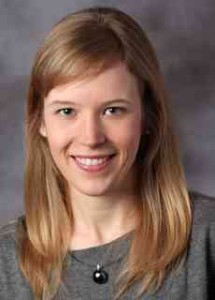 UW CSE Security Lab Ph.D. student Franzi Roesner has been recognized with the “Best Practical Paper” award at the IEEE Symposium on Security and Privacy. The paper, “User-Driven Access Control: Rethinking Permission Granting in Modern Operating Systems,” was co-authored with UW CSE professor Yoshi Kohno, UW CSE Ph.D. alumnus and Microsoft Research staff member Alex Moshchuk, Microsoft Research staff members Bryan Parno and Helen Wang, and Microsoft staff member Crispin Cowan.
UW CSE Security Lab Ph.D. student Franzi Roesner has been recognized with the “Best Practical Paper” award at the IEEE Symposium on Security and Privacy. The paper, “User-Driven Access Control: Rethinking Permission Granting in Modern Operating Systems,” was co-authored with UW CSE professor Yoshi Kohno, UW CSE Ph.D. alumnus and Microsoft Research staff member Alex Moshchuk, Microsoft Research staff members Bryan Parno and Helen Wang, and Microsoft staff member Crispin Cowan.
Congratulations to Franzi and her co-authors!
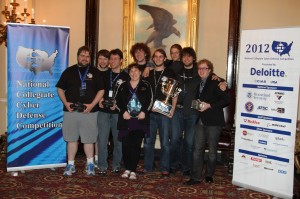 UW CSE has just
UW CSE has just 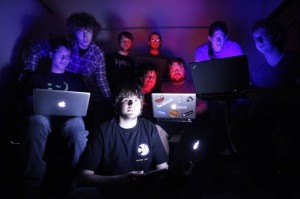 The Seattle Times previews the National Collegiate Cyber Defense Competition:
The Seattle Times previews the National Collegiate Cyber Defense Competition: 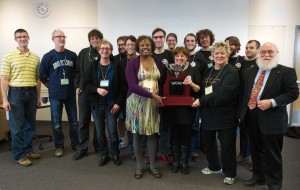 Last year, UW surprised itself by winning the National Collegiate Cyber Defense Competition. It is perhaps not so surprising, then, that the UW team — composed entirely of CSE students — rocked at this weekend’s Fifth Annual Pacific Rim Regional Collegiate Cyber Defense Competition, winning a return ticket to the nationals. UW’s score exceeded the combined scores of the second, third, and fourth place teams.
Last year, UW surprised itself by winning the National Collegiate Cyber Defense Competition. It is perhaps not so surprising, then, that the UW team — composed entirely of CSE students — rocked at this weekend’s Fifth Annual Pacific Rim Regional Collegiate Cyber Defense Competition, winning a return ticket to the nationals. UW’s score exceeded the combined scores of the second, third, and fourth place teams. 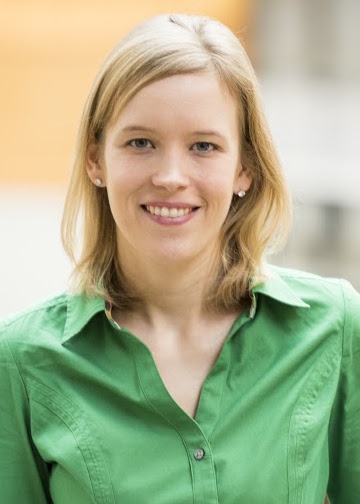 Franzi Roesner is one of the twelve winners (from 198 nominees) of this year’s Microsoft Research Ph.D. Fellowship competition.
Franzi Roesner is one of the twelve winners (from 198 nominees) of this year’s Microsoft Research Ph.D. Fellowship competition.  “Look, I’m not trying to freak you out here. Well, OK, maybe a little. But think about it: We have computers all over the place. Your laptop or desktop PC; maybe you have a tablet too, maybe a smartphone. And it doesn’t stop there. Your car might be computerized, your kitchen, the toys your kids got for Christmas. If any of those computers are connected to any kind of network, there exists an issue of security …
“Look, I’m not trying to freak you out here. Well, OK, maybe a little. But think about it: We have computers all over the place. Your laptop or desktop PC; maybe you have a tablet too, maybe a smartphone. And it doesn’t stop there. Your car might be computerized, your kitchen, the toys your kids got for Christmas. If any of those computers are connected to any kind of network, there exists an issue of security …  “The break-in is one of the boldest known infiltrations in what has become a regular confrontation between US companies and Chinese hackers.
“The break-in is one of the boldest known infiltrations in what has become a regular confrontation between US companies and Chinese hackers. 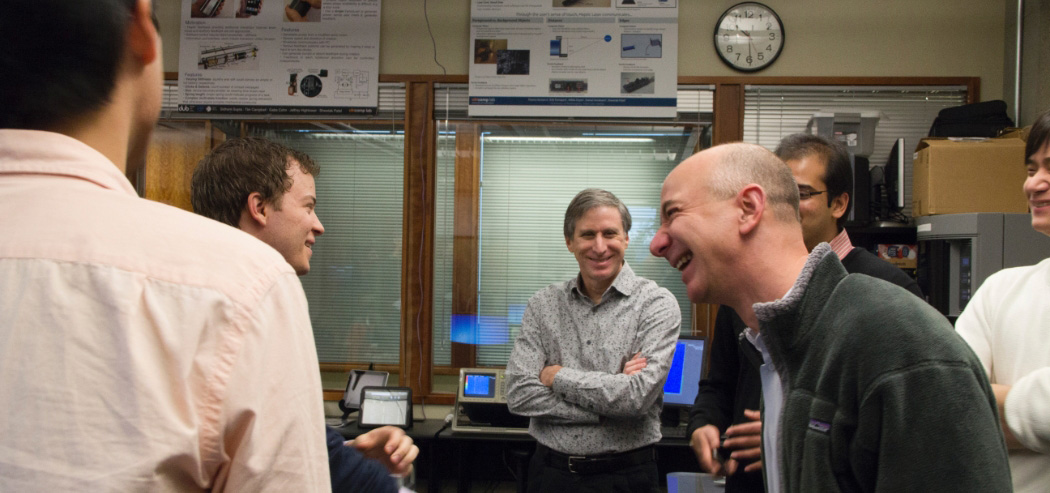 Jeff Bezos spent several hours in UW CSE labs on December 16 — discussing ubiquitous computing and sensing with Shwetak Patel and students; the future of search with Oren Etzioni; and the security of computer-controlled personal devices (such as automobiles) with Yoshi Kohno and students; as well as discussing future directions for the computer science field with Ed Lazowska and Hank Levy.
Jeff Bezos spent several hours in UW CSE labs on December 16 — discussing ubiquitous computing and sensing with Shwetak Patel and students; the future of search with Oren Etzioni; and the security of computer-controlled personal devices (such as automobiles) with Yoshi Kohno and students; as well as discussing future directions for the computer science field with Ed Lazowska and Hank Levy.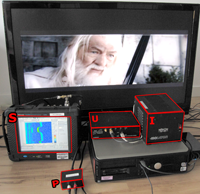 Recently,
Recently, 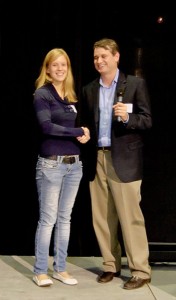 Earlier this year UW CSE security researcher
Earlier this year UW CSE security researcher